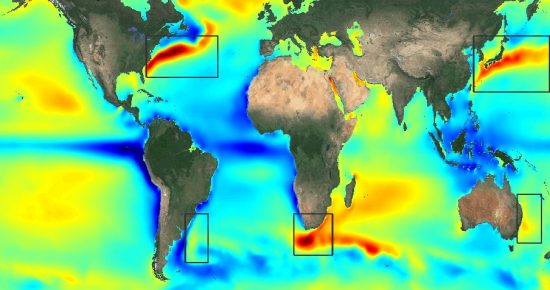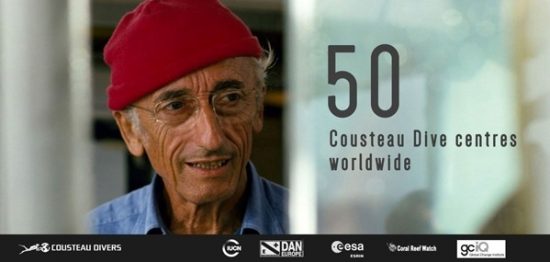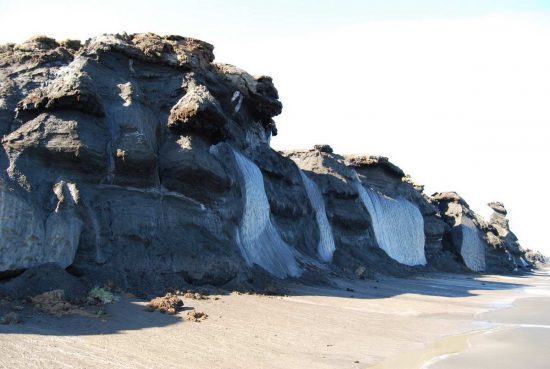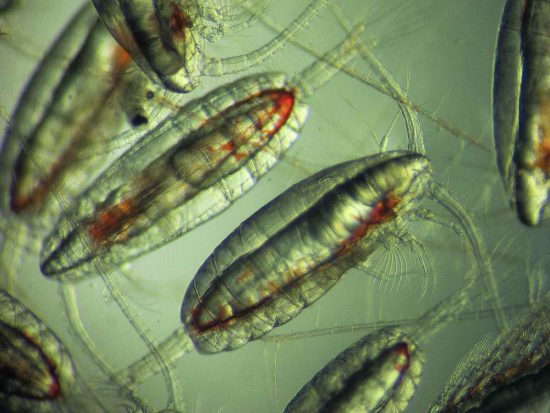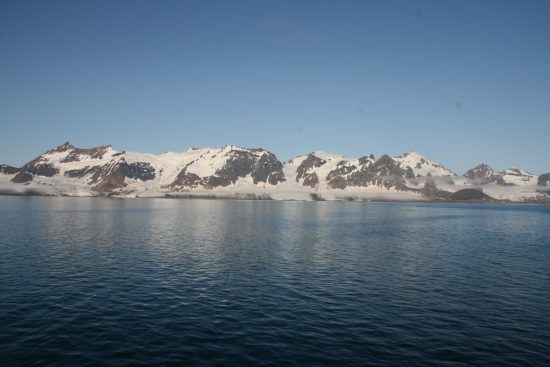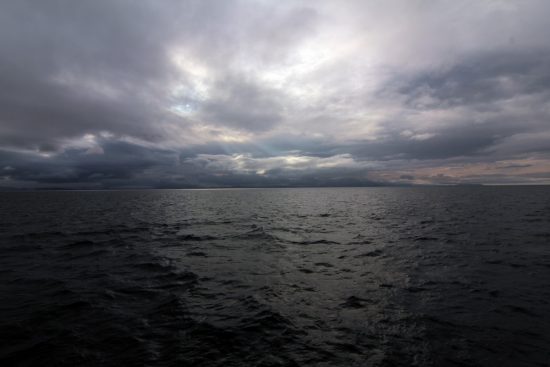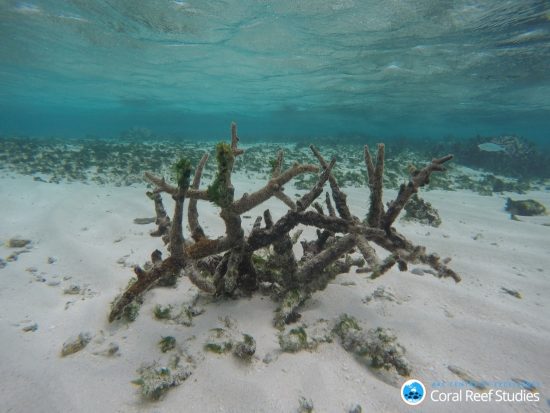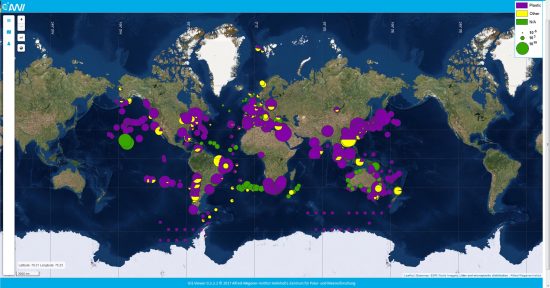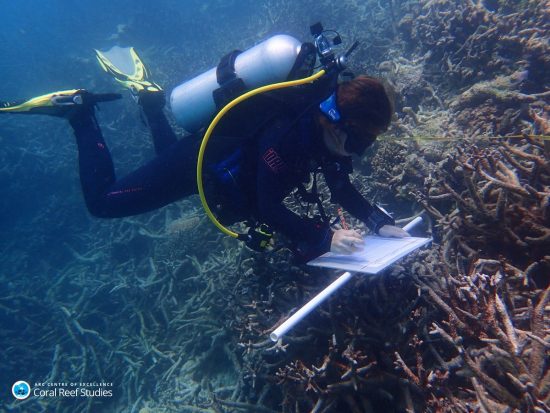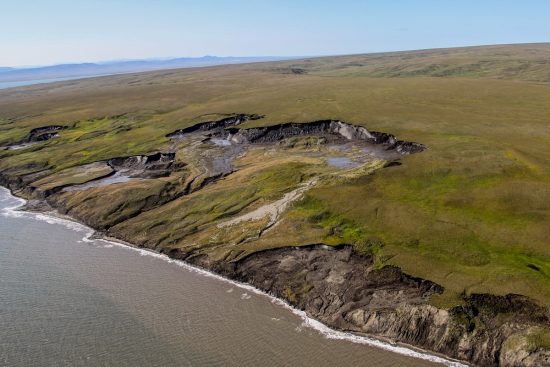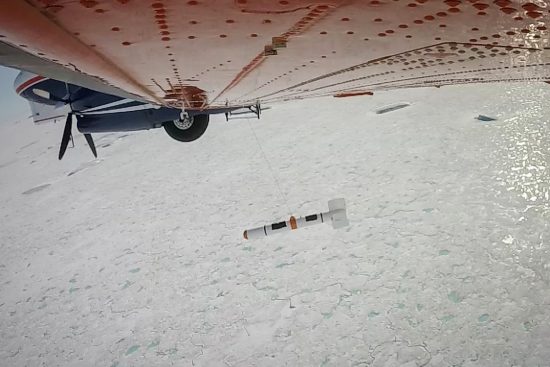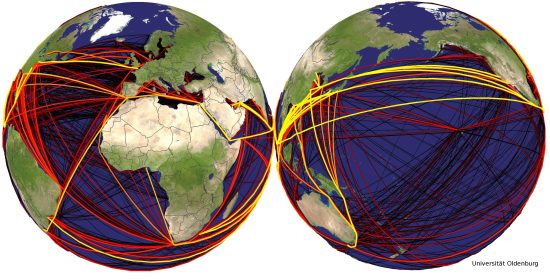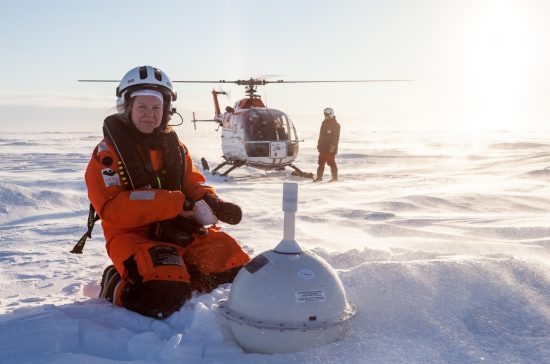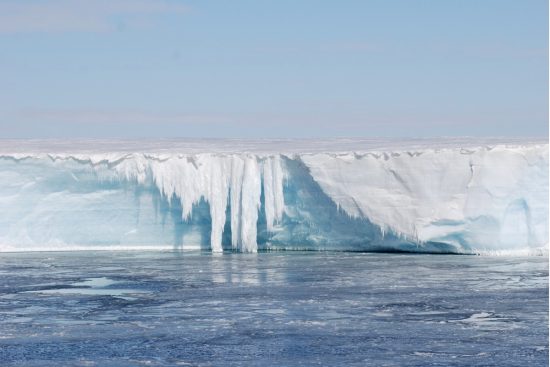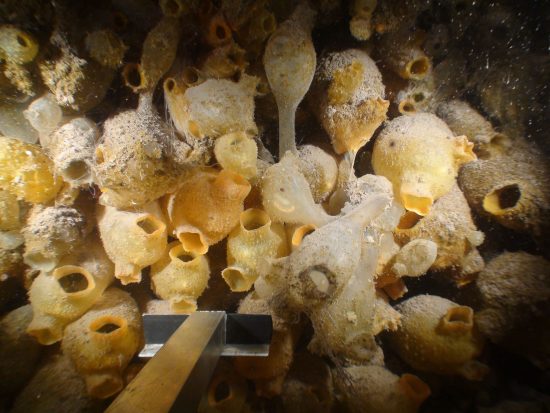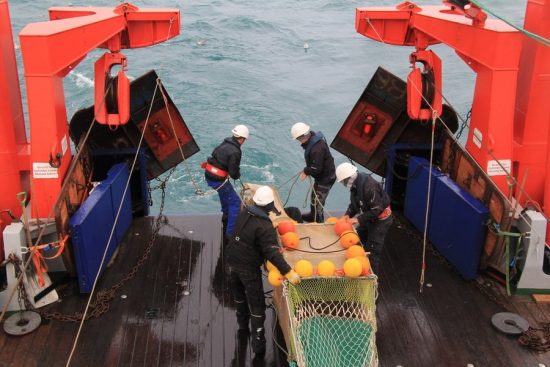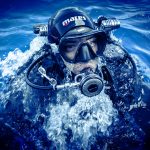
Climate change modifies ocean currents
by Mares - 1st July 2016
Asia to get warmer and stormier Global warming is causing a change in some ocean currents. Scientists have shown that…

Tackling rising ocean temperatures
by Mares - 1st October 2015
Rising sea temperatures are threatening marine ecosystems worldwide, and this has a major impact on our climate, weather, fish stocks…

EU project Nunataryuk investigates effects of permafrost thaw
by Herbert - 27th November 2017
Fragile Arctic environment threatened by retreating permafrost Permafrost makes up a quarter of the land mass in the Northern Hemisphere.…

Copepods rise and shine to internal genetic clocks
by Herbert - 7th August 2017
The Calanus finmarchicus is a copepod that packs a big punch. Although just two to four millimetres, this zooplankton’s genetic…

Temperatures in Arctic archipelago may soon rise beyond freezing point
by Mares - 10th July 2017
Scientist predict that the Arctic archipelago of Svalbard may experience above-freezing temperatures for the first time on record, as a…

Glacial retreat accelerated by meltwater lakes under Antarctic Ice Sheet
by Herbert - 4th July 2017
During the last glacial period, the ice in the Antarctic was thicker and extended farther offshore than it does today.…

Future opportunities for coral reefs
by Herbert - 8th June 2017
In spite of global warming, reefs could change but remain the same Although the world’s coral reefs are under threat,…

Litter in the sea: New portal offers comprehensive coverage
by Herbert - 29th March 2017
New online portal LITTERBASE compiles all data in one location Where is litter at sea and which species and habitats…

Researchers gather at Great Barrier Reef to study latest coral bleaching
by Mares - 21st March 2017
Aerial and underwater surveys to be conducted As coral bleaching strikes the Great Barrier Reef for the second year in…

Studying the effects of coastal erosion in the Arctic
by Mares - 18th January 2017
The thawing and erosion of the arctic permafrost coasts has increased so drastically in the past that more than 20…

Arctic sea ice at its second-lowest ever this September
by Mares - 16th September 2016
In September 2016, the surface of the Arctic sea ice shrank to nearly 4.1 million square kilometres – the second…

International shipping routes and invasive species: What’s next?
by Mares - 26th April 2016
Scientists from Oldenburg and Frankfurt have modelled how the global shipping routes leads to the spread of invasive plant and…

Defining research priorities for the Arctic
by Mares - 29th February 2016
The major international Arctic research organisations, with the involvement of the indigenous peoples of the Arctic, have come up with…

How stable is the West Antarctic Ice Sheet?
by Mares - 12th February 2016
Exceeding critical temperature values can lead to collapse of the ice sheet and strong rise in sea level A future…

Melting coastal glaciers cause loss in biodiversity – Seabed ecosystem affected by sedimentation
by Mares - 20th November 2015
Melting glaciers will lead to a reduction of species biodiversity among the benthos (bottom-dwelling organisms) community in the coastal waters…

German research network on ocean acification concludes
by Mares - 8th October 2015
An in-depth assessment of the possible impact of ocean acidification on the environment, society and economy, as well as the…





